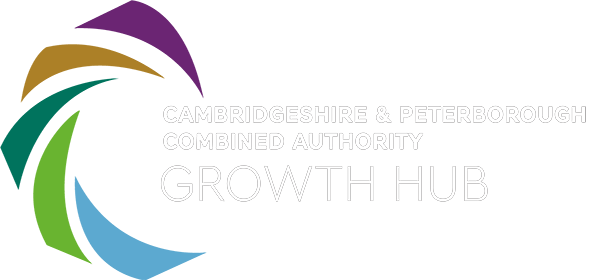Electronics and Machinery
Electronics and Machinery businesses should take these five actions as a start:
1
Visit gov.uk/transition to find out what new rules they need to follow.
- Use the Brexit transition checker tool to get a personalised list of actions bespoke for their business.
2
Get ready to make customs declarations.
- Most businesses will need to work with a specialist, like a freight forwarding company or fast parcel operator, to complete import and export declarations.
- More information is available here on GOV.UK
3
Use GOV.UK to identify changes affecting manufactured goods, such as new marking requirements or approvals needed, to ensure businesses are ready to sell them in the UK and EU.
- Businesses may need to review product markings, labelling, and packaging. They may need additional approvals, certifications, or registrations. They may need to appoint a legal representative based in the UK or EU. The legal responsibilities of businesses or their distributors may change./li>
- More information is available here on GOV.UK
4
Check if a visa or work permit is required to travel to the EU for work purposes and apply if necessary.
- Business travellers may need to apply for a visa, work permit or other documentation before travelling to the EU, Switzerland,
Norway, Iceland or Liechtenstein. This will depend on what they plan to do during their trip and which specific country they are travelling to. -
It is advised that you apply well in advance of travel and check that your passport has at least six months validity for the duration of your stay.
- More information is available here on GOV.UK
5
If businesses are moving goods into, out of, or through Northern Ireland, they need to check the latest guidance.
- The Northern Ireland Protocol has come into force. There are special provisions which only apply in Northern Ireland so if a business moves goods into, out of, or through Northern Ireland they will need check the latest guidance here
